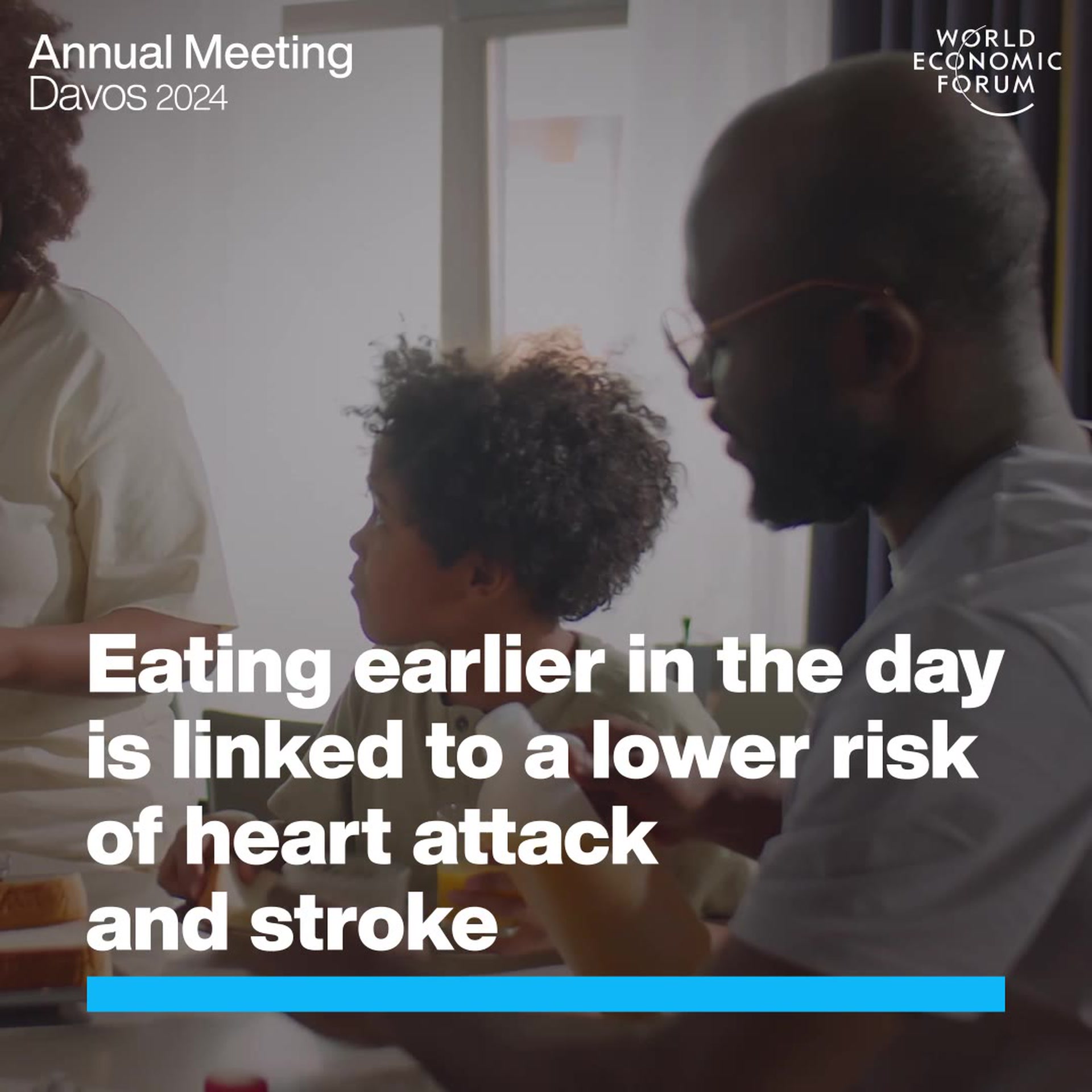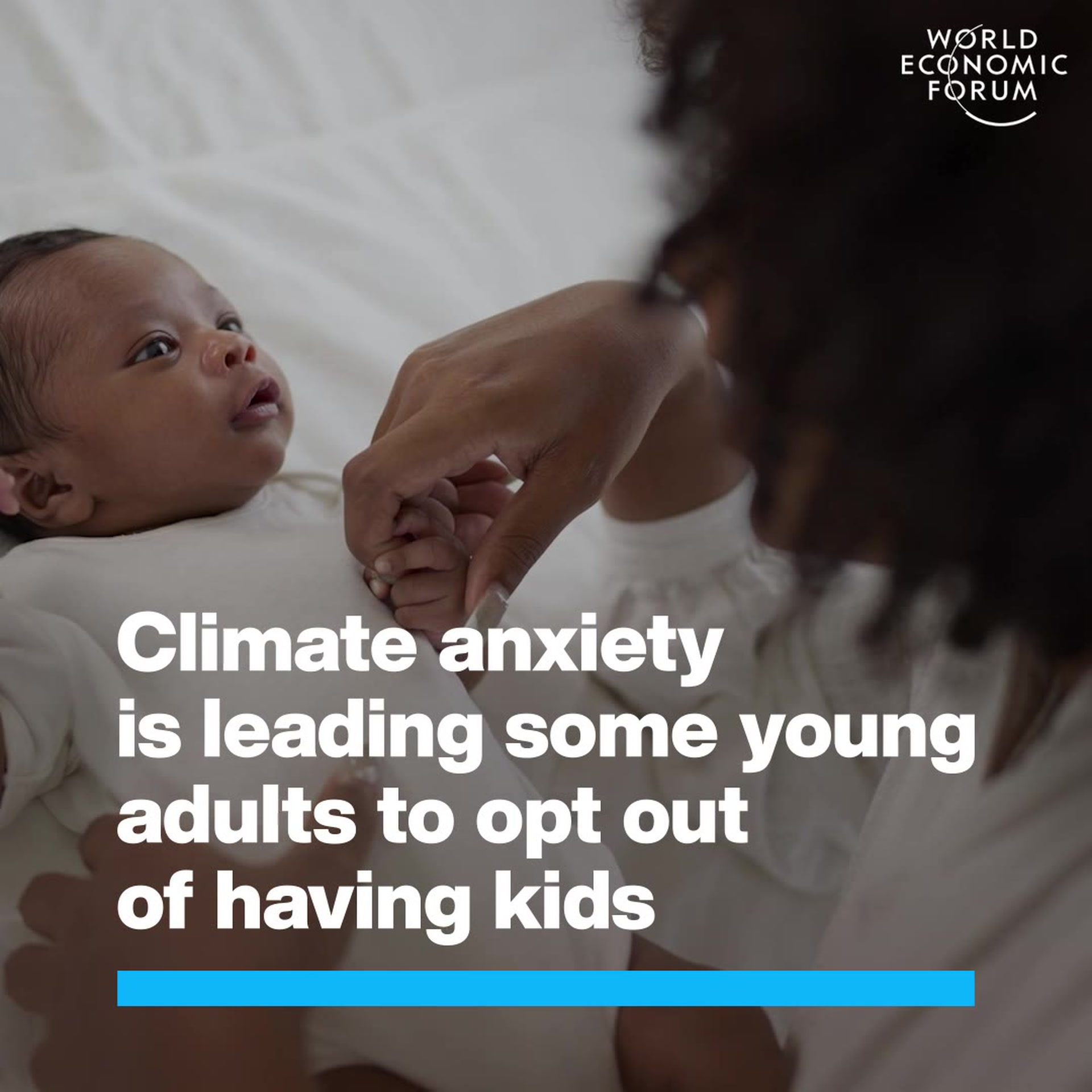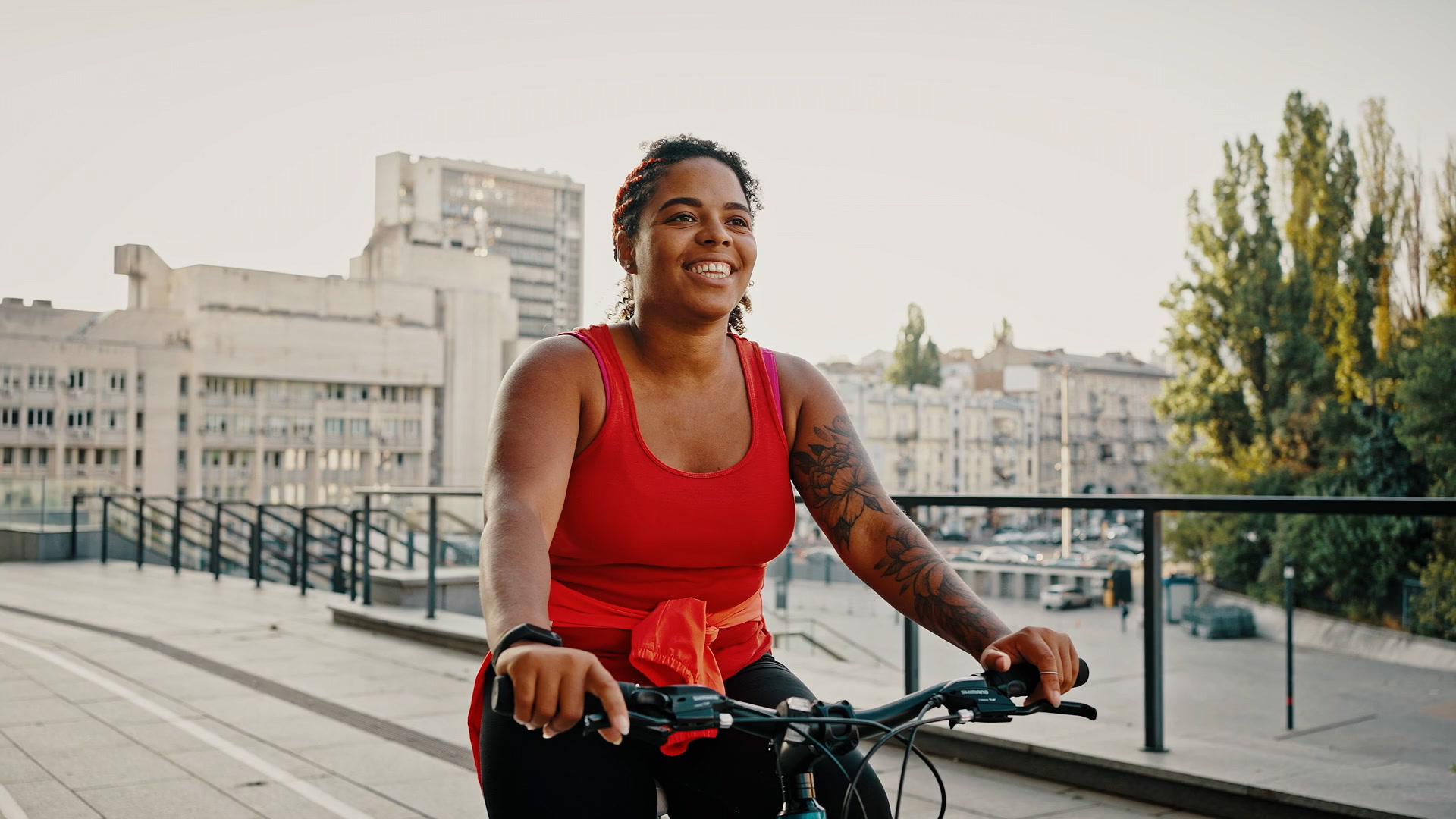A neuroscientist who studies decision-making reveals the most important choice you can make

"The most important decision is who you surround yourself with" Image: REUTERS/Tom Miles

Get involved with our crowdsourced digital platform to deliver impact at scale
Stay up to date:
Behavioural Sciences
According to Moran Cerf, a neuroscientist at Northwestern University who has been studying decision-making for over a decade, the surest way to maximize happiness has nothing to do with experiences, material goods, or personal philosophy.
It's all about who you decide to spend time with. But "it's not just advice to choose your friends carefully," Cerf told Business Insider.
There are two premises that lead Cerf to believe personal company is the most important factor for long-term satisfaction.
The first is that decision-making is tiring. A great deal of research has found that humans have a limited amount of mental energy to devote to making choices. Picking our clothes, where to eat, what to eat when we get there, what music to listen to, whether it should actually be a podcast, and what to do in our free time all demand our brains to exert that energy on a daily basis.
(Cerf has actually made it a personal policy to always pick the second menu item on the list of specials when he's out to eat, for just that reason.)
The second premise is that humans falsely believe they are in full control of their happiness by making those choices. So long as we make the right choices, the thinking goes, we'll put ourselves on a path toward life satisfaction.
Cerf rejects that idea. The truth is, decision-making is fraught with biases that cloud our judgment. People misremember bad experiences as good, and vice versa; they let their emotions turn a rational choice into an irrational one; and they use social cues, even subconsciously, to make choices they'd otherwise avoid.
But as Cerf tells his students, that last factor can be harnessed for good.
His neuroscience research has found that when two people are in each other's company, their brain waves will begin to look nearly identical. One study of moviegoers, for instance, found the most engaging trailers all produced similar patterns in people's brains.
"The more we study engagement, we see time and again that just being next to certain people actually aligns your brain with them," based on their mannerisms, the smell of the room, the noise level, and many other factors, Cerf said. "This means the people you hang out with actually have an impact on your engagement with reality beyond what you can explain. And one of the effects is you become alike."
It's apparent in people's behavior, too. Buzzkills bring people's moods down; fast-talkers cause the pace of conversation to pick up; comedians get people feeling light, or funny.
From those two premises, Cerf's conclusion is that if people want to maximize happiness and minimize stress, they should build a life that requires fewer decisions by surrounding themselves with people who embody the traits they prefer. Over time, they'll naturally pick up those desirable attitudes and behaviors. At the same time, they can avoid the mentally taxing low-level decisions that sap the energy needed for higher-stakes decisions.
Following Cerf's restaurant policy, he said he also likes to avoid picking the restaurant. Instead, he prefers to make one decision — who to eat with — and pick someone who he trusts. Chances are that person will pick a place Cerf enjoys, which means the second special option is also more likely to leave him feeling satisfied.
In other words, he avoids making two smaller decisions by making one larger one.
The same can apply for people who want to exercise more, watch less TV, take up a musical instrument, or become more sociable. In all cases, Cerf said, the most important decision is who you surround yourself with.
Don't miss any update on this topic
Create a free account and access your personalized content collection with our latest publications and analyses.
License and Republishing
World Economic Forum articles may be republished in accordance with the Creative Commons Attribution-NonCommercial-NoDerivatives 4.0 International Public License, and in accordance with our Terms of Use.
The views expressed in this article are those of the author alone and not the World Economic Forum.
Related topics:
The Agenda Weekly
A weekly update of the most important issues driving the global agenda
You can unsubscribe at any time using the link in our emails. For more details, review our privacy policy.
More on Behavioural SciencesSee all
Peter Dizikes
November 27, 2023
Aaron De Smet and Patrick Simon
September 25, 2023
Kate Whiting and Kateryna Gordiychuk
September 6, 2023






